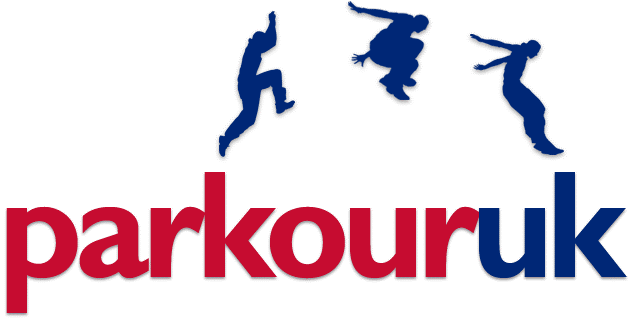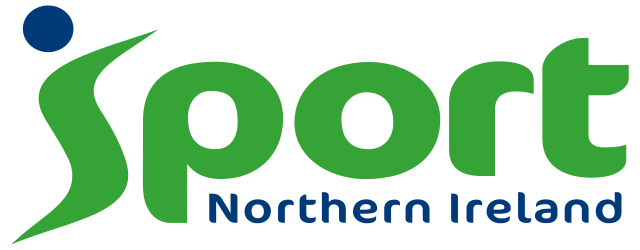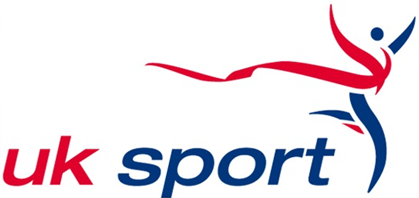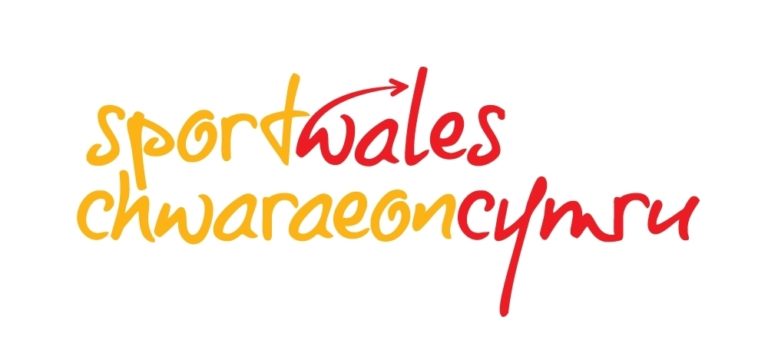
Information, advice and guidance on introducing Parkour/Freerunning in Trampoline Parks/Facilities.
Context
For clarification, it’s important that it is recognised and understood that Parkour/Freerunning is in no way a form/discipline of Trampolining or Gymnastics. As Parkour/Freerunning and Trampolining/Gymnastics are two completely separate sports/activities with two separate governing bodies and structures.
Trampoline Parks/Facilities can introduce Parkour/Freerunning activities and spaces/places/equipment, providing these are introduced in a safe, appropriate and managed way. Parkour UK can support Trampoline Park/Facility operators in safely and appropriately introducing Parkour/Freerunning activities and spaces/places/equipment to their facilities in a managed way, ensuring it meets Parkour UK guidelines and recommendations which will ensure that the provision is safe, appropriate and fit-for-purpose.
Parkour UK recommends working with our member organisations locally to build and develop local partnerships that are mutually beneficial for the community, our member organisations and the trampoline park/facility.
What is Parkour/Freerunning
The term ‘Parkour’ originating in France in the 1980s, was adopted from 1998. It derives from the French word ‘parcours’ meaning ‘route’ or ‘course’. Used interchangeably, “Parkour, Freerunning, Art Du Deplacement, is the non-competitive physical discipline of training to move freely over and through any terrain using only the abilities of the body, principally through running, jumping, climbing and quadrupedal movement.
Our full sporting definition of Parkour/Freerunning which fully outlines what Parkour/Freerunning is can be found on our website.
In sporting terms (as opposed to describing the philosophy of Parkour), it aims to develop the functional strength and fitness, balance, spatial awareness, agility, coordination, precision, control and creative vision that are required to achieve the movement, whilst at the same time aiming to build confidence, determination, self-discipline and self-reliance, and a responsibility for one’s actions.
Spaces/Places & Equipment for Parkour/Freerunning
Where Parkour /Freerunning is offered within a Trampoline Parkour/Facility it should take place in a separate, designated and risk-benefit assessed area and not on trampolines.
Some existing equipment can be used, providing it’s suitability has been checked, including a risk-benefit assessment. Purpose built Parkour spaces/places/equipment can be purchased from a number of suppliers. Purpose built spaces/places/equipment etc, including but not limited to fixed, permanent, temporary and/or portable Parkour/Freerunning spaces/places/equipment should comply with the BSI British Standard for Parkour Equipment BS10075:2013.
Facility operators should avoid improvising with existing equipment other than those items deemed suitable for Parkour/Freerunning activities. Guidance on this can be sought through enquiring to Parkour UK or attendance at one of our courses, or from a qualified Parkour/Freerunning coach.
As Parkour/Freerunning movements are self-controlled, it is expected that injuries resulting from falls/misjudgement, may occur, just like in any sport. It should also be anticipated that spaces/places/equipment provided for Parkour/Freerunning may also be used by/for other activities and appropriate control measures should be considered by facility owners/operators.
Workforce for Parkour/Freerunning Activities
The current Parkour UK pathway for training and development, can be found on our website. The coaching strand is clearly outlined showing the different stages that a Parkour/Freerunning coach can go through.
Where Parkour/Freerunning activities are provided, facilities must ensure that all sessions are:
It is not expected that every scenario has been addressed through this information, advice and guidance. For further information, advice or guidance please contact Parkour UK on info@parkouruk.org
#GiveParkourAGo




